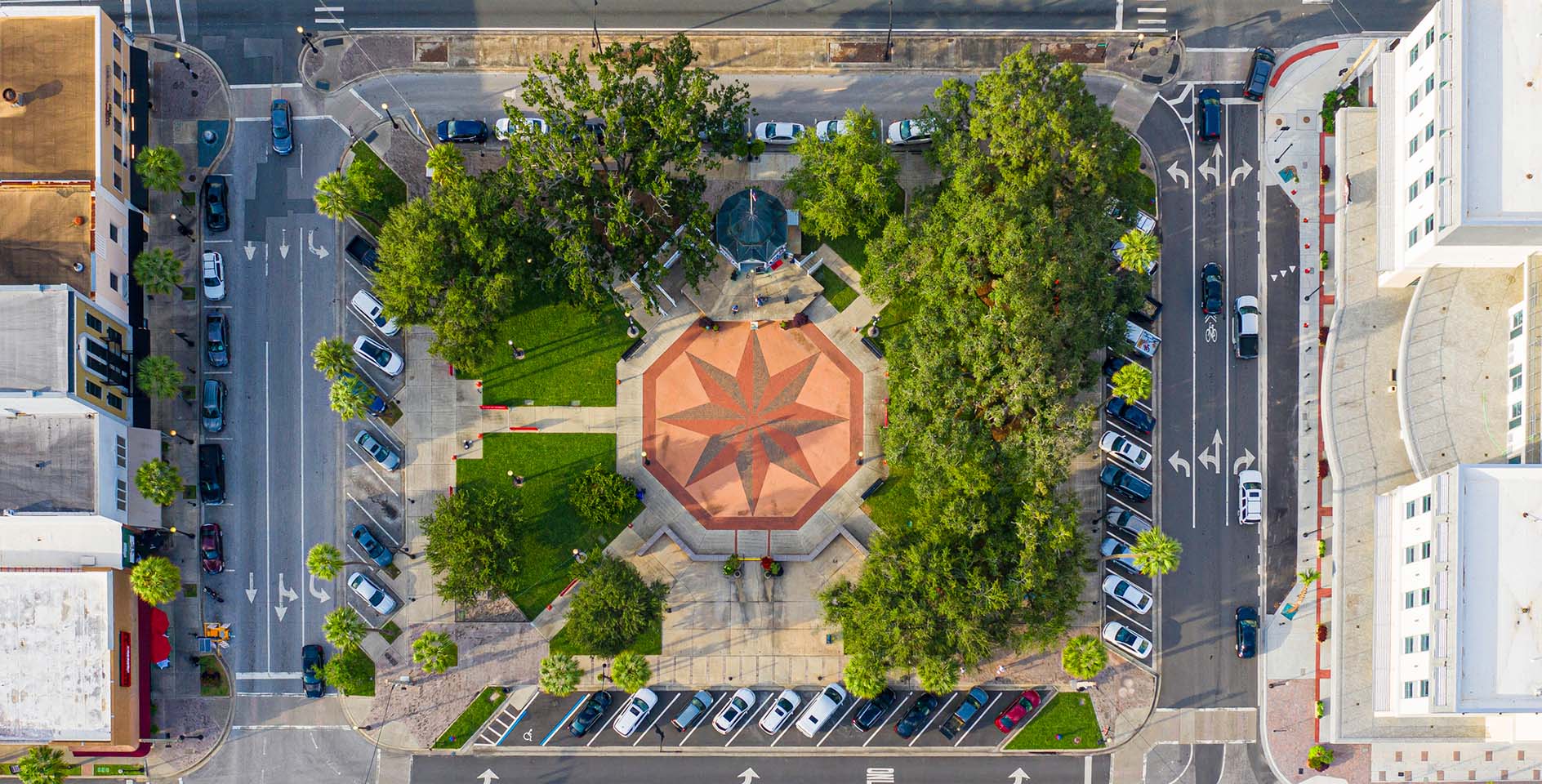For many Americans, November 8th was an important day—whether for good or ill. Millions exercised their right by voting for the next President of the United States. For several months, we witnessed political ads, watched debates, and argued over candidates on social media (at least I did, regrettably). Many Americans were engaged politically on every level.
However, as strong as our feelings and ideas can be, we need a reminder that the center of political engagement isn’t found at 1600 Pennsylvania Avenue, the steps of the Capitol, the Courtroom of Justices, or the halls of Congress. Every four years we convince ourselves that it is, especially this past year. And as an American citizen, I believe that the election of President is important. However, Washington D.C. was never intended to be the center of our world.
Being political: Life together
We are right to be concerned about politics. Aristotle who argued that as humans we are political animals. But we need to understand what it means to be political. Being engaged in politics is more than just voting for President every four years on the second Tuesday of November or campaigning for a candidate. Being political actually has to do with our daily interactions with others.
We need a reminder that the center of political engagement isn’t found at 1600 Pennsylvania Avenue.
The modern word ‘political’ is derived from the Greek politikos, ‘of, or pertaining to, the polis (the city).’ A general understanding of politics is simply the organization of public life. Webster states that one of the definitions of politics is “the total complex of relations between people living in society.” Christian philosopher Scott Moore argues, “Politics is about how we order our lives together in the polis, whether that is a city, community, or even family.” Rod Dreher states, “In the most basic philosophical sense, politics is the process by which we agree on how we are going to live together” (see The Benedict Option).
In the same way, being political is much more than labeling yourself a liberal or conservative. At its most basic level, it is about how individuals relate to each other and live together. In this case, nearly every choice we make is “political” because it affects those around us, whether family, friends, or neighbors. In a sense, we engage in politics every day by the way we interact with each other (or choose not to interact). We don’t simply exist as individuals doing our own individual thing. That is contrary to the very idea of society and to experience. Rather, we are individuals who engage in community.
Practical Christian politics: Loving others
If being political is about relating and living with others, as Christians, we must view our political engagement through a Christian worldview. The foundation of the Christian tradition—to love God and neighbor—is by application, political. To love your neighbor is to care about someone other than yourself and to be focused on the complexity of relationships between people living in a society.
The virtues of daily political and social engagement for Christians are found in the Bible. Jesus taught his disciples to “do unto others as you would have them to unto you . . . love your enemies . . . give to those who ask.” He also taught his disciples the proper use of money and the value of personal virtue. These statements are found within the context of the Sermon on the Mount—Jesus’ Kingdom Manifesto. Jesus was providing his disciples a way to think “politically” about their daily engagement in society and with their neighbors. As a result, this is God's way for us to flourish. As Dr. Jonathan Pennington states, "God’s saving work, his redemptive activity, his goal for humanity and all creation is precisely this: that we flourish fully even as he himself flourishes perfectly, completely, and with overflowing abundance."
Being political is simply being the type of people God wants us to be, loving him and loving others. This is all driven by the telos, the ultimate goal of the Christian faith—the resurrection of a New Creation that is to come. That is to say, we engage politically with those around us because of the future goal of the world. The present is impacted by the future. The goal motives us to live now. And the “not yet” drives the “already.”
The center of politics: Daily life and the local church
Since political virtue and engagement is not derived from Washington D.C., we must redefine our politics. The center of political interaction between neighbors is found within our local context. As such, the center of political engagement is found around the table at the local Dairy Queen and the Garden Club planning meeting. It is revealed in the exchange at the local food bank as you serve your neighbors. It is shown by speaking up for the broken in your community.
The political center of America is experienced in community functions downtown on Market Street. It is experienced as moms encourage one another at the coffee shop and as dads come home from work greeted by warm hugs from their three-year-old. The engagement takes place everywhere, whether that is at the local PTO, school board, or Rotary Club. Political virtue is revealed in rallies as local law enforcement and community leaders discuss racial equality.
Kingdom politics are experienced as you speak the good news of the kingdom to a close friend. Our political core is found on Sunday mornings as we worship the Galilean King. Kingdom political engagement is about love, service, humility, courage, and compassion. This type of political engagement ought to be strived for. It is here that we must redefine what it means to be political.
And as Christians, this engagement has another meaning—we engage with others as representatives of God’s Kingdom. We believe that Jesus is the Lord of the universe, and all of history is bending toward him, including our daily lives. Through the Spirit’s power, as we live and relate with others, we show the alternative political sphere—one that is ruled by Jesus. Local political engagement, moving through the simple rhythms of life—with the Father, Son, and Spirit—has significant eternal effects on those we interact with daily.
Though his reign is veiled now, one day leaders in Washington D.C. and the Supreme Court will give an account to the True Judge, Jesus. America and her presidents will simply be an endnote at the back of God's sovereign history book. His Kingdom will reign forever and ever. The local church is a foretaste of this present reign of Christ. This means that we are rehearsing for the Kingdom to come every Sunday, and this is political.









